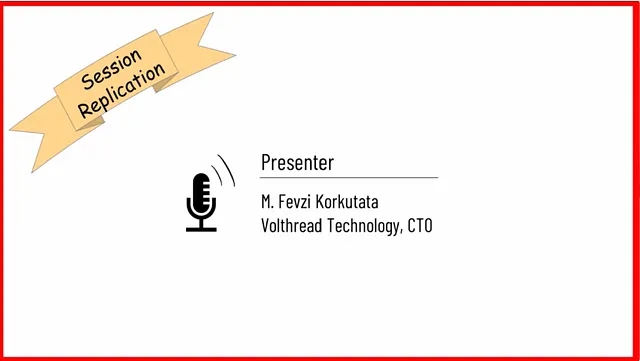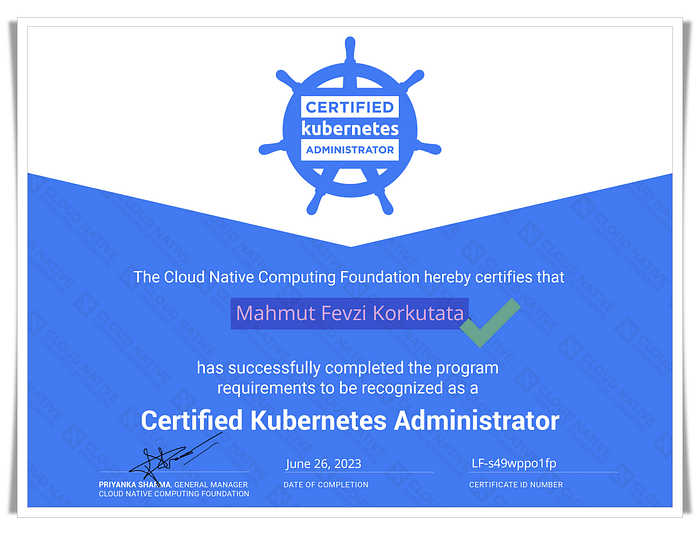— Oracle WebLogic and CCB
- Live demonstration for how Web application session replication works?
- How to session replicate for Oracle WebLogic applications?
- Web Application Session Replication Demo for Oracle WebLogic and Oracle Customer Care and Billing Applications (CC&B, C2M)
What is Session Replication in Web Applications?
Session replication is an ultimate high availability mechanism used to replicate the data stored in a session between different instances. When session replication is enabled in a high available cluster environment, the entire session data is copied on a replicated instance. Session replication provides high reliability, scalability, and perfect failover capabilities.
WebLogic Overview: HTTP Session State Replication
To support automatic failover for servlet and JSP HTTP session states, WebLogic Server replicates the session state object in memory. This process creates a primary session state, which resides on the WebLogic Server to which the client first connects and a secondary replica of the session state on another WebLogic Server instance in the cluster. The replica is always kept up-to-date so that it may be used if the server that hosts the servlet fails. The process of copying a state from one instance to another is called in-memory replication.
Note: WebLogic Server also provides the ability to maintain the HTTP session state of a servlet or JSP using file-based or JDBC-based persistence or Oracle*Coherence cluster based.




